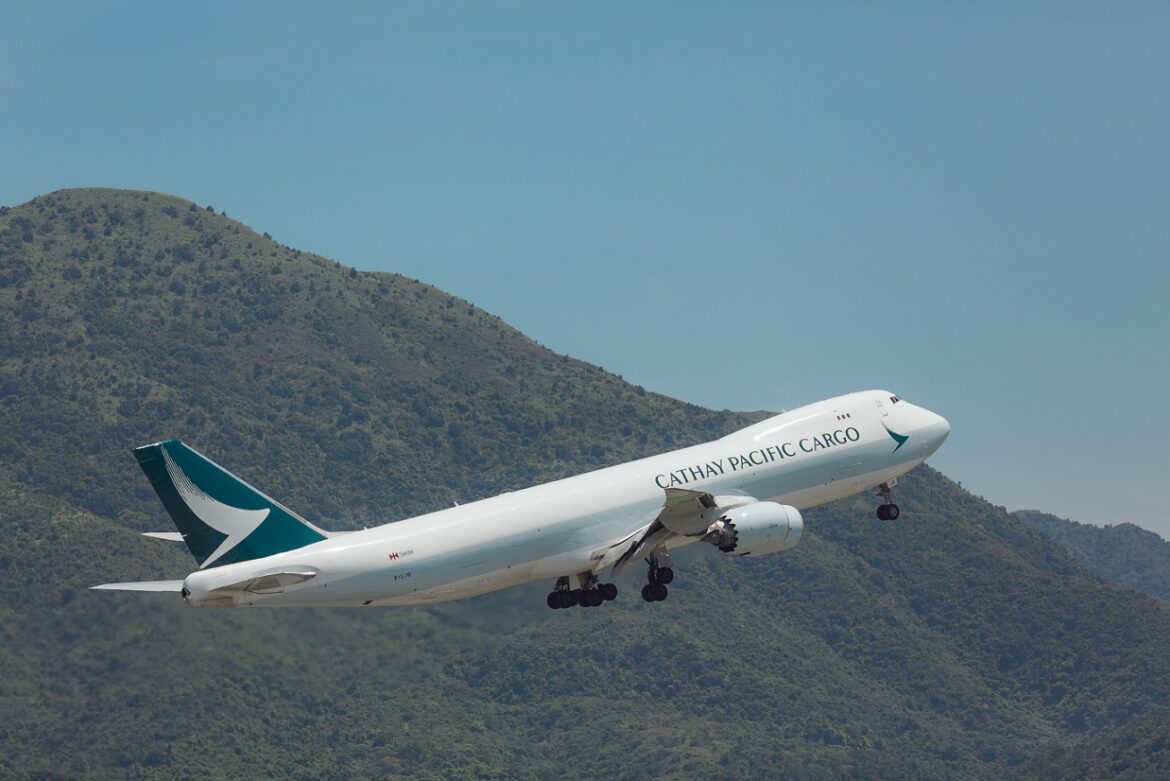Hong Kong-based Cathay Pacific Airways has completed the buyback of all of the warrants it had issued to the Hong Kong SAR (HKSAR) Government in 2020 as part of its pandemic-induced recapitalisation.
The total consideration paid for the warrants buyback was about HK$1.53bn. On July 31, Cathay redeemed the remaining 50% of the preference shares that were also issued as part of its recapitalisation. A total of HK$2.44bn was paid in preference share dividends.Together with the warrants buyback, this represents a payment of nearly HK$4bn to the HKSAR Government, and marks the end of the financial support from the Hong Kong government, which first provided help in 2020 as part of the airline’s group HK$39bn ($5 billion) recapitalisation plan.
Chief executive Ronald Lam said: “I would like to once again extend my sincere gratitude to the HKSAR Government and to all our shareholders for their invaluable support during and since the pandemic.“Completing the buyback of the preference shares and the warrants marks the close of a significant chapter in Cathay’s history. Now, we are firmly focused on the future in pursuing our vision of becoming one of the world’s greatest service brands.
“Cathay is spreading its wings as we embark on a bold new strategy, underscored by our recently announced commitment of more than HK$100 billion in investments over the next seven years. These substantial investments will further elevate the experience we provide to our customers and strengthen Hong Kong’s international aviation hub status with the opening of the Three-Runway System.”
The airline, 45% owned by Swire Pacific, 29.99% owned by Air China and 9.9% owned by Qatar Airways, suffered from lockdowns and crew quarantine restrictions imposed by the government during the Covid pandemic.
These restrictions significantly curtailed passenger flights and belly capacity until May 2022, when the rules began to be relaxed progressively. This enabled the airline to to gradually resume flights, especially in the last quarter of the year. Freighter operations did not resume fully until August of that year.Cathay reaped the rewards of the post-pandemic operating environment in 2023, with volumes improving as the year progressed, aided by e-commerce and perishables demand.
The airline saw a rise of rise of five places within the top 25 cargo carriers,based of IATA’s WATS data.
And Cathay Cargo saw its revenues and cargo traffic increase in the first half of this year as it benefitted from rising demand for e-commerce shipments and extra belly capacity.
The cargo business saw first-half revenue increase 1.5% year on year to HK$10.9bn, while cargo traffic was up 4.6% to 4.1bn cargo revenue tonne kilometres (RFTKs) and tonnages increased by 10.4% to 719,000 tonnes.
More recently, the airline was forced to ground 15 out of its 48 A350s for a short period when it was identified that engine fuel lines required replacement.
Cathay Pacific set to receive big government bailout
Top 25 cargo carriers: Cargo goes slow on growth in 2023
The post Cathay ends Covid financial ties with government appeared first on Air Cargo News.



